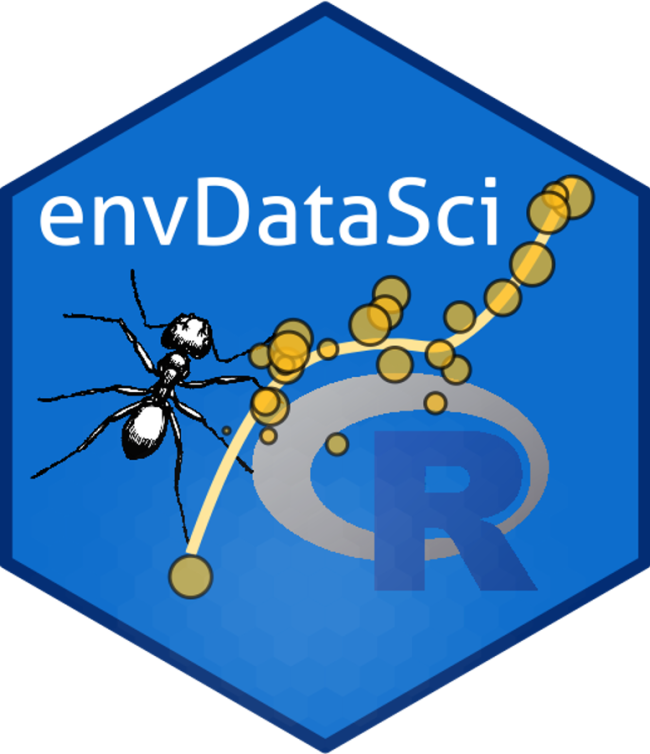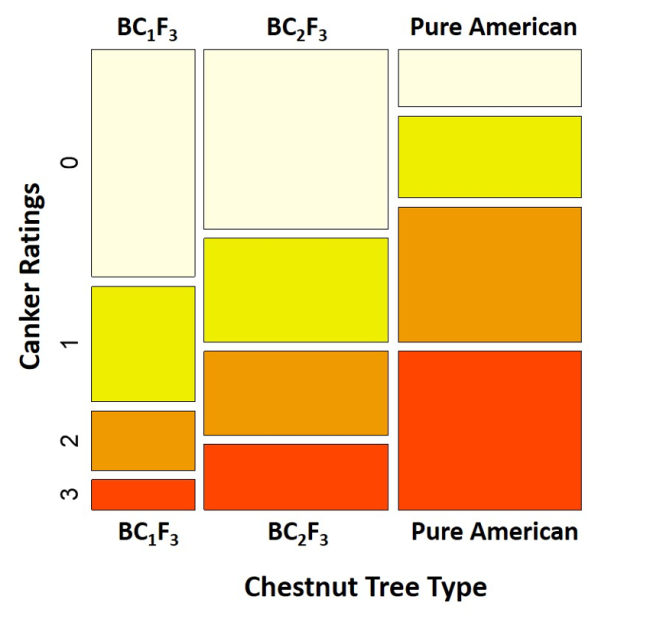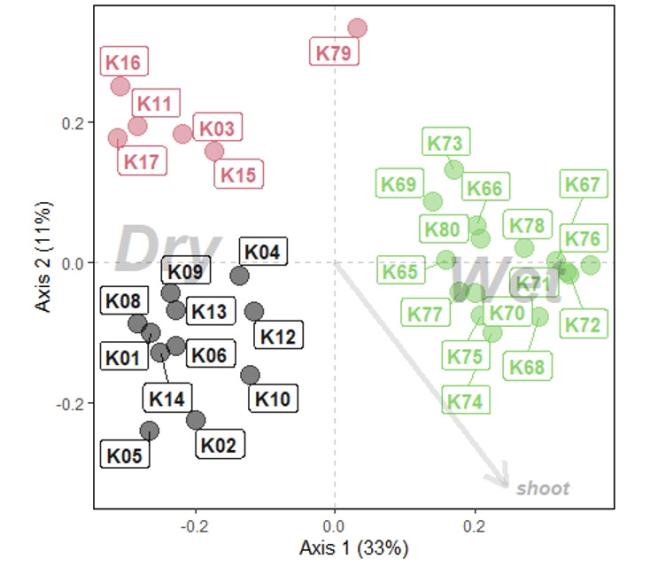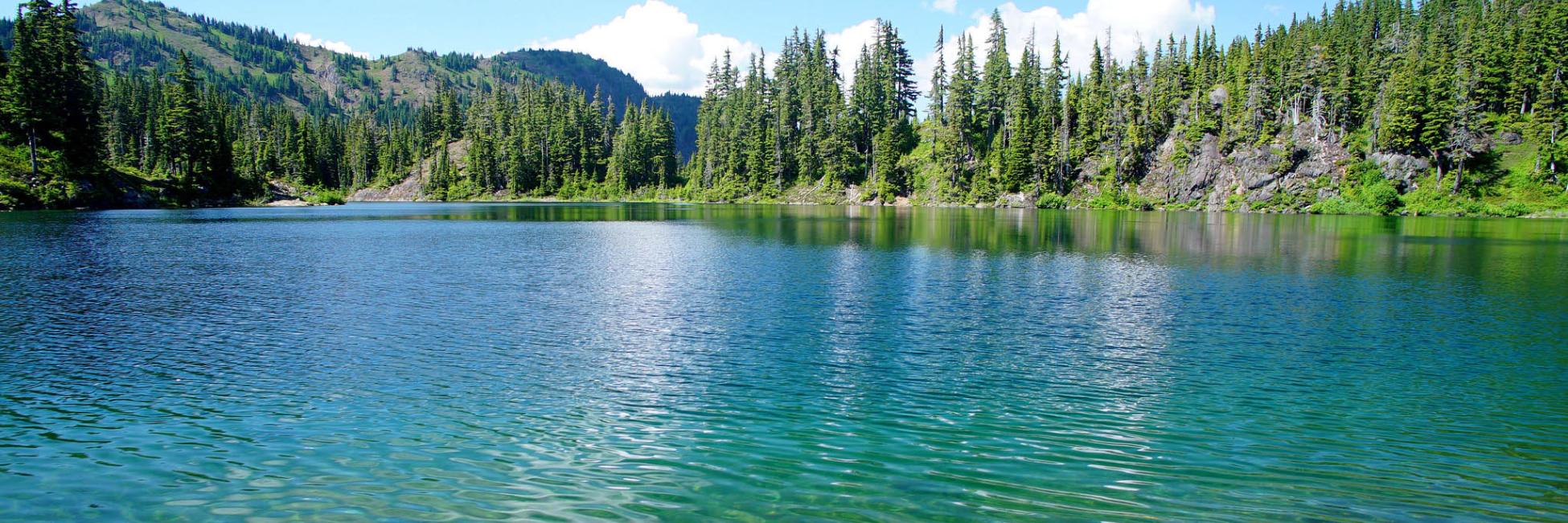Program Information
The Data Science for Environmental Applications Certificate is available to current graduate students only and is geared towards those pursuing a career in data analysis and modeling. Environmental professionals need to be able to make sense of large and complex data. Learning to handle, visualize, analyze, and make predictions with big data is a prerequisite for careful decision-making in agencies, non-governmental organizations, and consulting.
Goals
This certificate will help develop and improve your quantitative toolkit for analyzing environmental data. The emphasis throughout will be on applied methods to increase job-ready skills.

Learn Critical Techniques
All courses will be taught in an open source environment using R, R markdown, and Shiny.
The certificate combines three core courses in statistics with three seminars in key areas of data science. All aspects of the certificate have an emphasis on environmental applications.
Core Courses (4 credits each)
- Applied Statistics
- Multivariate Methods
- Time Series Analysis (offered in odd years) or Spatial Analysis (offered in even years)
Topical Seminars (2 credits each)
- Data Wrangling and Visualization
- Machine Learning
- App and Dashboard Development

Develop Job-Ready Skills
The world of environmental data analysis is growing exponentially. Every day more and more data are available, and scientists need a variety of statistical techniques to think quantitatively about the world around them.

Level Up
The Data Science for Environmental Applications Certificate will improve your toolkit for visualizing, analyzing, and making predictions with environmental data.
Testimonials
Pursuing the Data Science Certificate was one of the smartest career moves I have made. I went from being a temporary employee to a permanent technician in a horticultural lab almost strictly because of my background in data science. I have since created figures for papers, had a role in data analysis on many projects, and am currently assisting a statistician on building predictive models and an app for growers to use to manage their pollination needs. Learning proper data management has also been a critical practice being a lab technician. It really builds on useful, professional skills that are an amazing addition to your toolbox and was also so much FUN. I had a blast with the assignments where there was some creative freedom allowed, such as making maps or other types of visualizations. I found a sense of “style” in figure making that I still use today. The professors are wonderful and are full of knowledge on these subjects. I would recommend it to anyone who plans be working with any sort of environmental data, or really any data for that matter.
Emma Rogers
